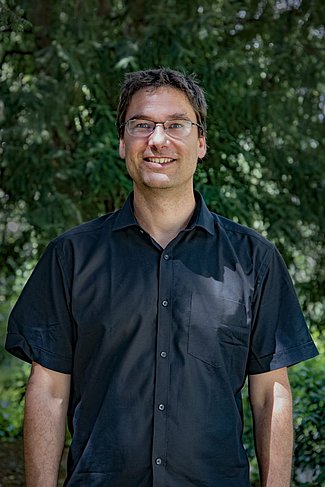The Programme Committee preparing #IDoS2019
Within the framework of the topical planning of the guiding questions for IDoS 2019, a programme committee comprising fourteen international experts from science and practice was established by the Stiftung Kinder forschen (then "Haus der kleinen Forscher" Foundation) and Siemens Stiftung.
Besides their expertise in the area of (early) STEM education, the members of the programme committee specialised in one of the two IDoS 2019 topics "STEM + Education for Sustainable Development (ESD)" or "Digital Learning Opportunities in Adult Education". The group was moderated by the chairs of the committee.
Chairs of the Programme Committee
-
Secretary for Education at the Australian Academy of Science, Canberra, Australia
Hans Bachor devotes his time to the advancement of STEM education in Australia, working with teachers and educators to include the latest developments in science and technology. Born and educated in Germany Hans Bachor is a pioneer in the field of experimental quantum optics. He uses the ideas and applications of optics, lasers and photons in his own teaching. Through the Australian Academy of Science, he stimulates, supports and enhances a wide range of education programs, from pre-school to undergraduate physics. He has received numerous prizes and is a member of the order of Australia.
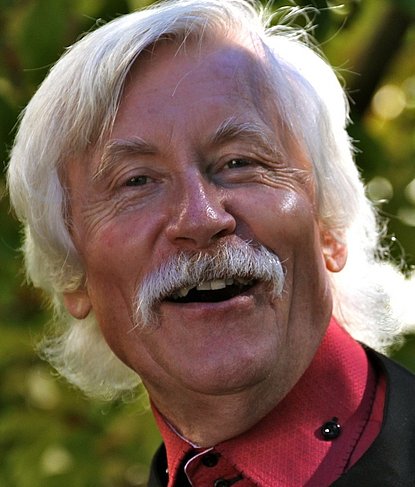
-
Director of Instituto APOYO, Lima, Peru
Mayte Morales Arce is a Lawyer from Universidad de Lima, fellow Chevening from the British Government for the master's degree in Development Management by the London School of Economics and Political Science - LSE. She specialized in General Directorate by the “Directorate General Program” of the University of Piura - PAD and in the “Innovation Management Program” by the University of Navarra IESE. She speaks native Spanish, fluent English and Basic French. She has extensive experience in the development of institutional relationships, talent management and design of effective strategies for sustainable development, thus also, in the implementation of educational programs that strengthen capabilities and social capital networks. Her responsibility, conviction and achievement of synergies mark her life.
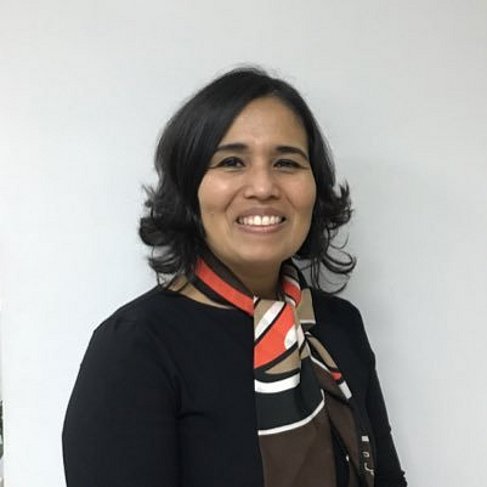
Members of the Programme Committee
-
Director of Luma Center, Helsinki, Finland
Maija Aksela is one of the founders and the Director of the National LUMA Centre (Science Education Centre) at the University of Helsinki. She is a Professor and Research Director at the Unit of Chemistry Teacher Education at the University of Helsinki. Maija Aksela is one of the founding members of the Teachers’ Academy at the University of Helsinki and has been the vice-director of the Math, Physics and Chemistry Teacher Education Program at the Faculty of Science and a board member of both, the M.Sc. and B.Sc. programs. Maija Aksela has published over 300 articles and won several awards and honors e.g. the ”Scientist of Year” Award given by the Finnish Union of Experts in Science.
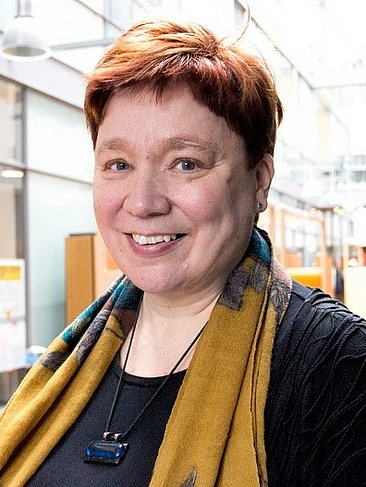
-
Project Manager at Innovec, City of Mexico, Mexico
Mr Andrade is a Specialist on Inquiry Based Science Education, holds a BA in Biology and a MA on Environmental Sciences. Since 2005 Mr Andrade has been Project Manager of Innovation for Science Education (INNOVEC) a Mexican NGO which under the support of the National Ministry of Education along with the private sector promotes and implements Inquiry Based Science education Programs for pupils and Teachers at Elementary level. He has been also consultant for GIZ (Deutsche Gesellschaft für Internationale Zusammenarbeit. GmbH). As GIZ consultant Mr Andrade worked for Sustainable Development Projects collaborating with scientist and peasants in order to protect endangered plants in their environments.
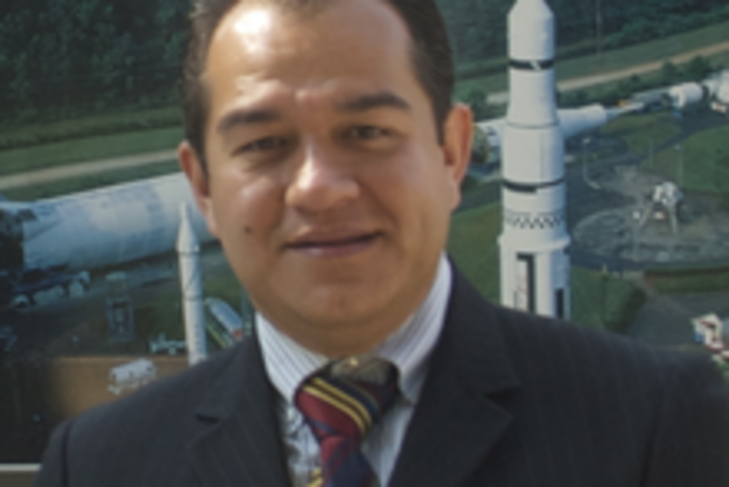
-
Academic Director at Pontificia Universidad Católica, Santiago de Chile, Chile
Professor on early-childhood and primary teacher training programs. Since 2013 he directs the "Experimento +" program in the Araucanía region in collaboration with Siemens Foundation in Germany. This program offers opportunities to in-service teachers regarding innovative methodologies for inquiry-based learning on STEAM. From 2018 he is preparing his PhD project on STEAM education for sustainable development. His research experience started on teacher educational policy and citizenship education moving towards teacher professional development, collaborative practices and STEM education for sustainable development. Nowadays his research focus on STEAM education for sustainable citizenship in dialogue with indigenous knowledge and on understanding the conformation of learning communities in rural and disadvantage areas.
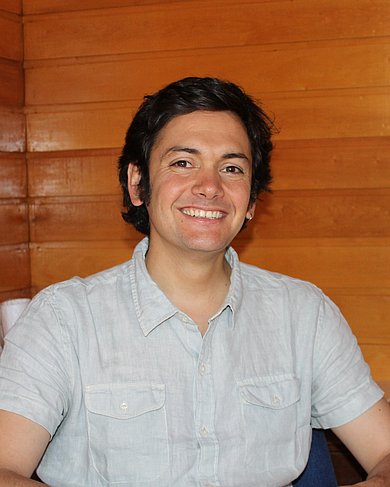
-
Director of the Smithsonian Science Education Center, Washington D.C., USA
Carol O’Donnell directs the Smithsonian Science Education Center, an outreach center of the Smithsonian dedicated to transforming the learning and teaching of K-12 science throughout the nation and world. Carol serves on the Global Council of the InterAcademy Partnership Science Education Programme, the global network of national academies of science and medicine, and is on the part-time faculty of the Physics Department at George Washington University. Formerly, Carol was a leader at the US Department of Education (ED) in the Office of State Support and oversaw the Cognition and Student Learning research grant program at ED’s Institute of Education Sciences.
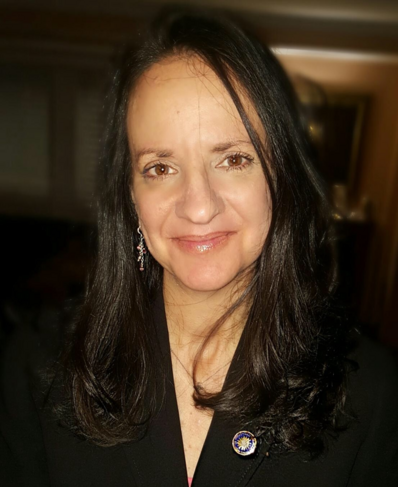
-
Head of the Education Unit at Siemens Stiftung, Munich, Germany
Born in Bonn, Barbara Filtzinger grew up in the city of Stuttgart and completed her PhD in history and additional degree in educational science at the Ludwig-Maximilian-University of Munich. Prior to joining Siemens Stiftung, Barbara Filtzinger held various roles and took the lead of international assignments in Corporate Communications at Siemens AG from 1990 to 2009. Today she heads the international education-commitments of the Siemens Foundation in the focal regions of Latin America, Africa and Germany and at the same time, holds responsibility for the operational and institutional educational work of the foundation in Latin America. Furthermore, she is a member of the Board of Trustees at the ‘Stiftung Kinder forschen’ (Little Scientists’ House), as well as a member of several other committees of different national STEM-initiatives.
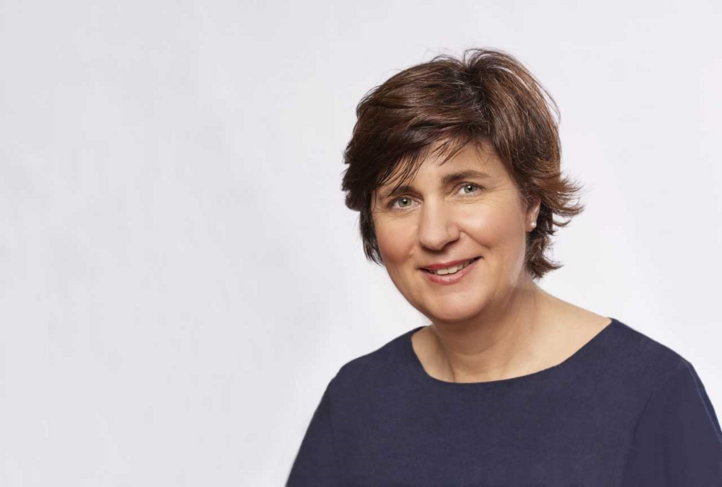
-
Professor for Biology Education at Ludwigsburg University of Education, Germany
Armin Lude studied Biology and Nature Conservation and worked as a teacher. Now he is educating people to become biology teachers. His main working fields are education for sustainable development, environmental education, nature experiences and mobile learning. He is member of several councils, foundations and advisory boards like the Scientific Advisory Board of Stiftung Kinder forschen Foundation and the UNESCO MAB National Committee (Man and the Biosphere Programme).
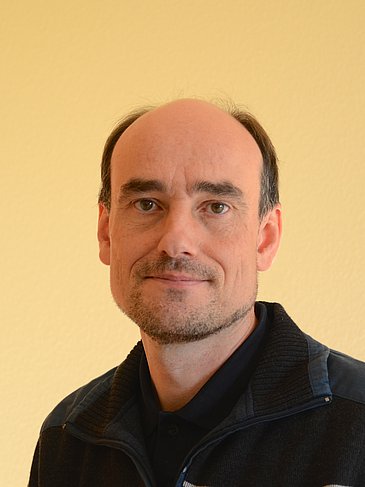
© Milan Lude
-
Executive Director at Impacting Youth Trust, Nairobi, Kenya
Nyokabi Njuguna is a youth development specialist who has been working in the development sector from an early age of 8 years old and is currently working with Impacting Youth Trust which she founded in 2013. With her diverse background, she has contributed widely in the education and technology sectors in different capacities as a mentor, fellow and advisor. She is the Siemens Stiftung’s Experimento program advisor in Kenya, a board of trustee member of the Nairobi Technical Training Institute, a Y.A.L.I alumni, a Do School Education challenge alumni and finalist of the Brightest Young Minds Africa network.
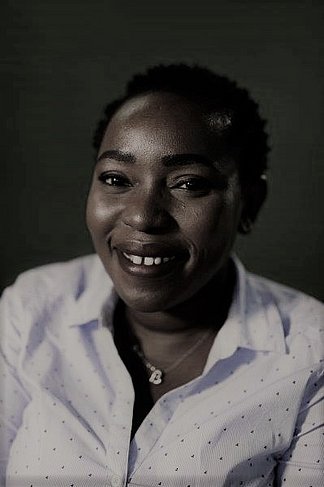
-
Head of Research & Monitoring at Stiftung Kinder forschen, Berlin, Germany
Dr Janna Pahnke is Head of Research & Monitoring at the non-profit foundation Stiftung Kinder forschen, a nationwide early childhood education initiative in Germany. There, she is responsible for the scientific basis of the foundations’ activities, for quality development, and the coordination of external studies and the advisory board. She holds degrees in psychology and child development from the University of Tuebingen and Tufts University Boston, and a Ph.D. in cognitive development from the University of Heidelberg.
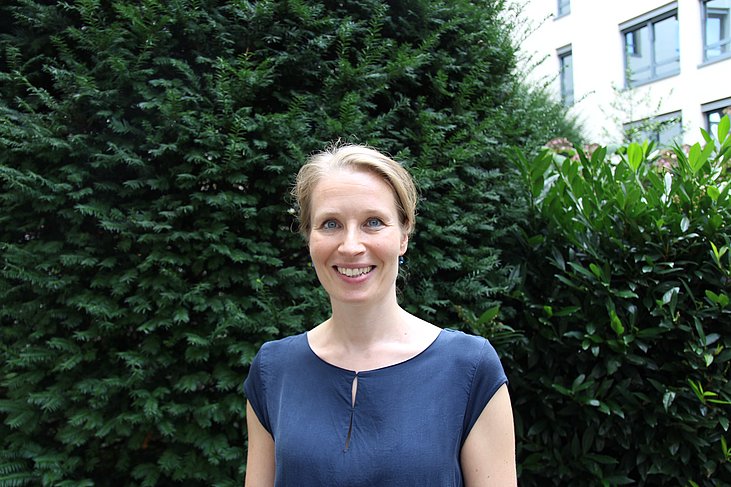
-
Educator at the Office of the Basic Education Commission, Bangkok, Thailand
Dr Kanchulee Punyain is the educator, senior professional level, at Office of the Basic Education Commission, Ministry of Education, Thailand. She is an expert in the planning and management of professional development and curriculum development projects focusing in particular on the areas of science education and gifted-talented education. So far Dr Kanchulee Punyain has been involved as a project planner and manager in the Inspiring Science Project, the senior core trainer in the Little Scientist House, Thailand , and the trainer for the professional development for science teacher in Thailand.
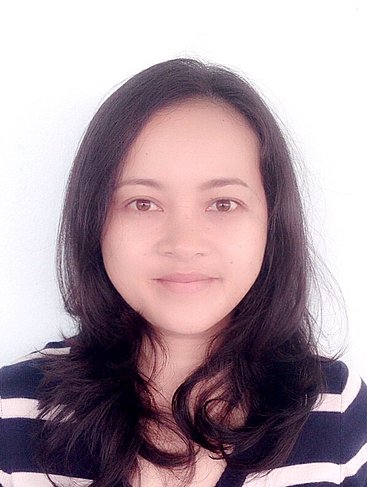
-
Director of the Centre for Research in Child Development (CRCD), Singapore
Professor Tan Oon Seng is Director of the Centre for Research in Child Development (CRCD) at the National Institute of Education (NIE). He was previously Director of NIE and Dean of Teacher Education at NIE. Prof Tan is an Expert Panel Member of the Social Science and Humanities Research for Singapore. He is also an Expert Panel Member of the Tertiary Education Research Funding. Professor Tan was President of the Educational Research Association of Singapore and President of the Asia-Pacific Educational Research Association. He is Editor-in-Chief of the Educational Research for Policy & Practice (ERPP) and Lead Editor of the Asia Pacific Journal of Education (APJE).
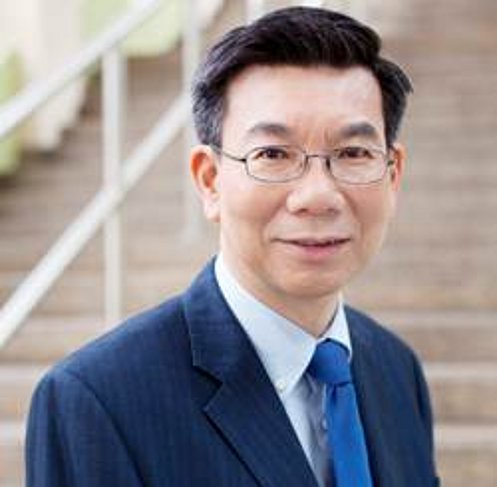
-
Research Professor at the University of Lagos, Lagos, Nigeria
Prof. Uchenna Udeani is a Professor of Science Education and currently the Director of the Distance Learning Institute of the University of Lagos, Nigeria. Her area of research interest is conceptual learning relating to the use of prior conceptions and adaptive cognition in measuring the learning of science concepts. She has a special interest in the under-representation of girls and women in STEM disciplines and has developed an instructional strategy for use in secondary schools to help more girls achieve better in science. Prof Udeani is involved in several community projects aimed at empowering women and girls in Leadership, Politics, Education and Life Skills.
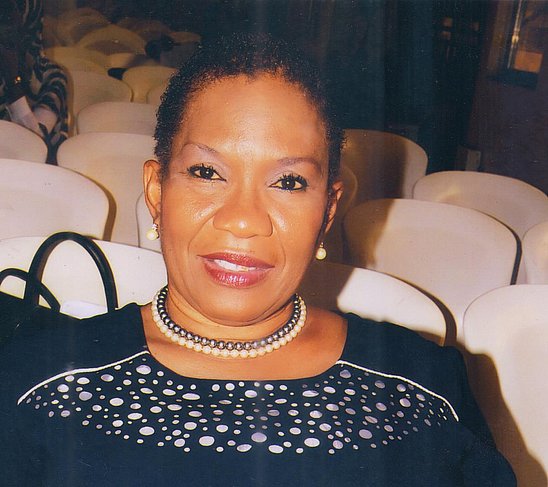
-
Chief Executive Officer of the Office for Climate Education Programme, Paris, France
Astrophysicist by training, former La main à la pâte head of the “resource production” department, David Wilgenbus coordinated between 2001 and 2018 several large-scale educational programs on sustainable development (health, natural disasters, climate change…), implemented by ~ 100,000 classes in France and abroad. He conducted in 2017 a preliminary study on the possibility of creating an international initiative to promote climate change education. He works now as Chief executive officer of the Office for Climate Education.
